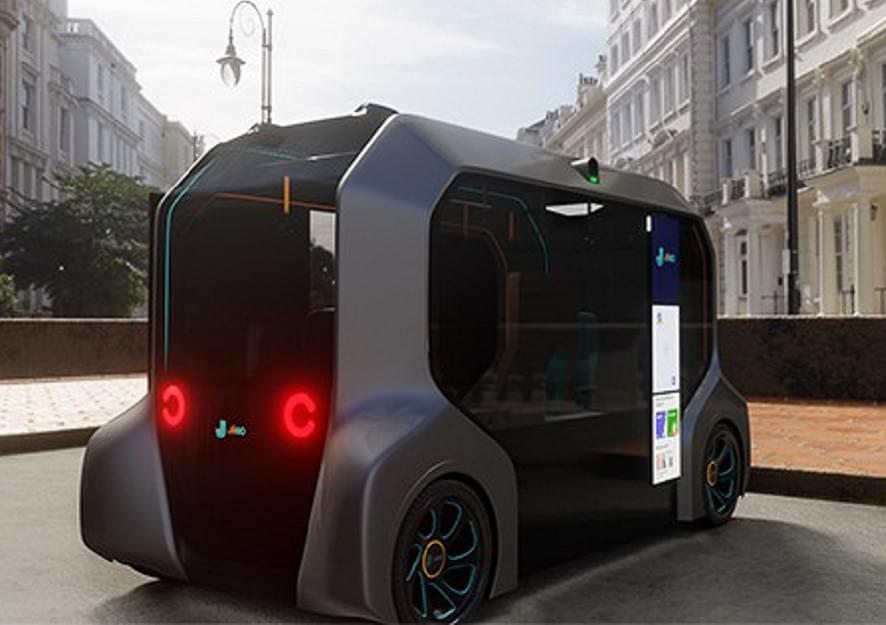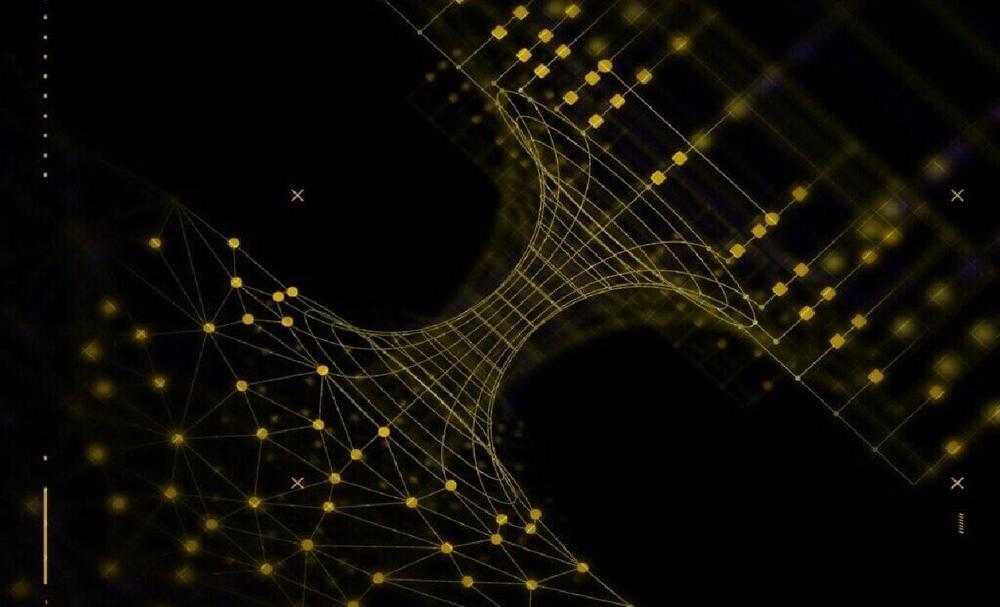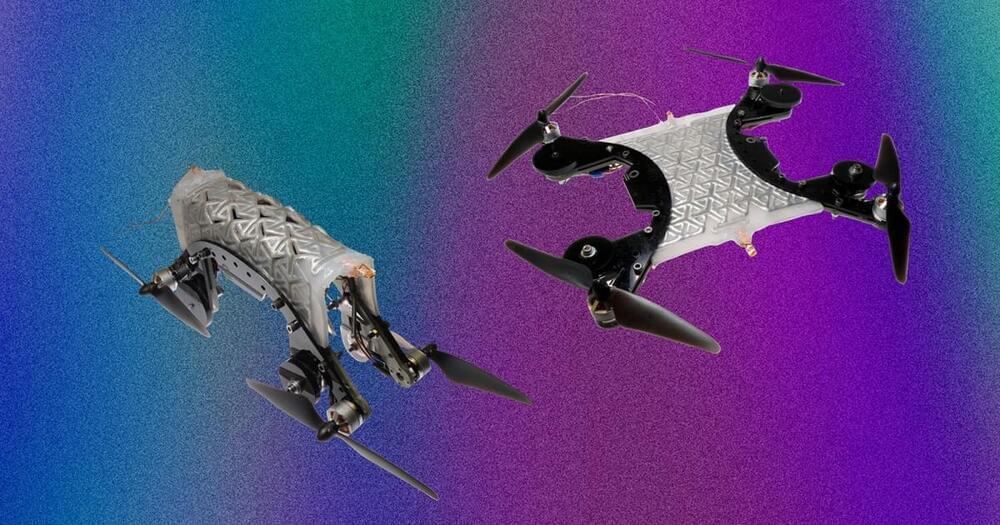Earlier this year, Russia unveiled their forthcoming “stealth fighter,” the single-engine Su-75 Checkmate, with bold claims about its expected performance and capabilities. Now, as the fighter is being displayed on foreign soil for the first time at this week’s Dubai Air Show, formal statements from its manufacturer have called its stealth credentials into question.
As we discussed at the time, Russia has a long and illustrious history of exaggeration when it comes to unveiling new defense technologies, from the Uran-9 infantry robot that garnered global headlines despite secretly not working at all, to the Checkmate’s older sibling, the Su-57, which is considered the least stealth of its fighter generation and currently exists only in token numbers. Even successful designs like the T-14 Armata main battle tank are smothered under a lack of funding, with Russia unable to produce or field them in any reasonable numbers.
And while the Su-75 has yet to even manifest in a flyable way, the firm responsible for developing the aircraft has carefully tip-toed around the topic of stealth throughout multiple stories published by Russia’s state-owned news outlets in recent months. Even the language used by these outlets is more reserved than you’ll often find in the international media. As one glaring example, you’ll find the Su-75 Checkmate referred to as a stealth fighter all throughout American media… but you won’t find Rostec (the firm developing the aircraft) use that term.








